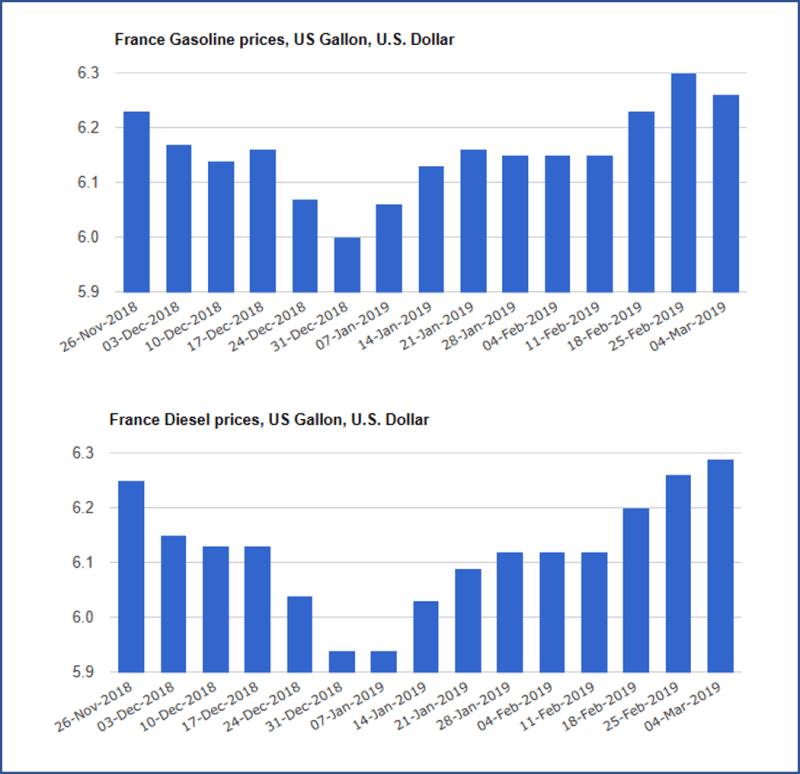At idle, oil pressure and flow are at a minimum, valve spring pressure "is what it is" (the springs don't magically apply less force just because the engine is only turning slowly) so the hydrodynamic conditions at sliding-type valve lifters/tappets/buckets are at their worst. If the idling is following a cold start, idling doesn't generate as much heat so the engine takes much longer to warm up. If the engine in question is a modern emission-controlled diesel engine, it will have trouble keeping catalysts up to temperature, so it will probably be attempting to do screwy things with the fuel injection to try to raise exhaust temperature.
Re the valve spring and valve lifter hydrodynamic lubrication situation ... one would hope that the engine manufacturer has sorted this out, but it doesn't always happen. A couple of vehicles ago, I had a 2006 VW diesel (last of the type before the emission controls went crazy), which was an engine type that had electronically-controlled but mechanically-operated individual unit injectors. 4 cylinder 8 valve, thus 2 valves in line with each other per cylinder. They needed an extra cam lobe to operate that unit injector, which forced the lobes for the intake and exhaust valves to be narrowed relative to historic VW 8-valve engines. VW's method of compensating for this was to specify the use of a very specific engine oil. They still had frequent issues with camshafts and lifters - and yet, I put 430,000 km on that car without having that trouble. Part of this is me living in a relatively cooler climate (which keeps oil temp down and viscosity up - better for hydrodynamic lubrication - the issue appears to be more prevalent in hot climates). Part of it is my usage pattern which frequently saw that engine spinning 2000 rpm in top gear on cruise control and hardly any city driving. And I used the right oil. Of course, if you ask VW, they never had any issues with worn-out camshafts and lifters, but I digress.

